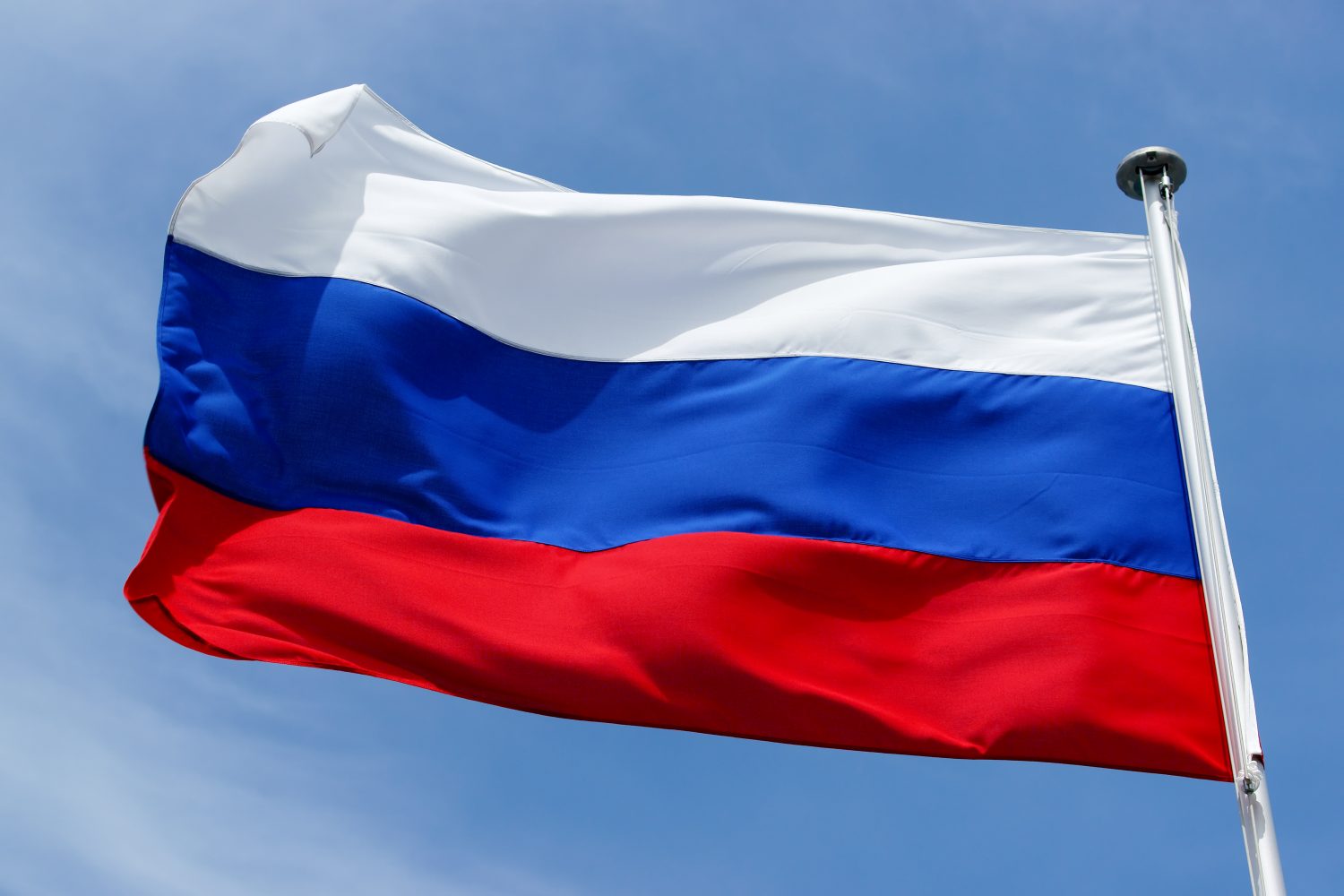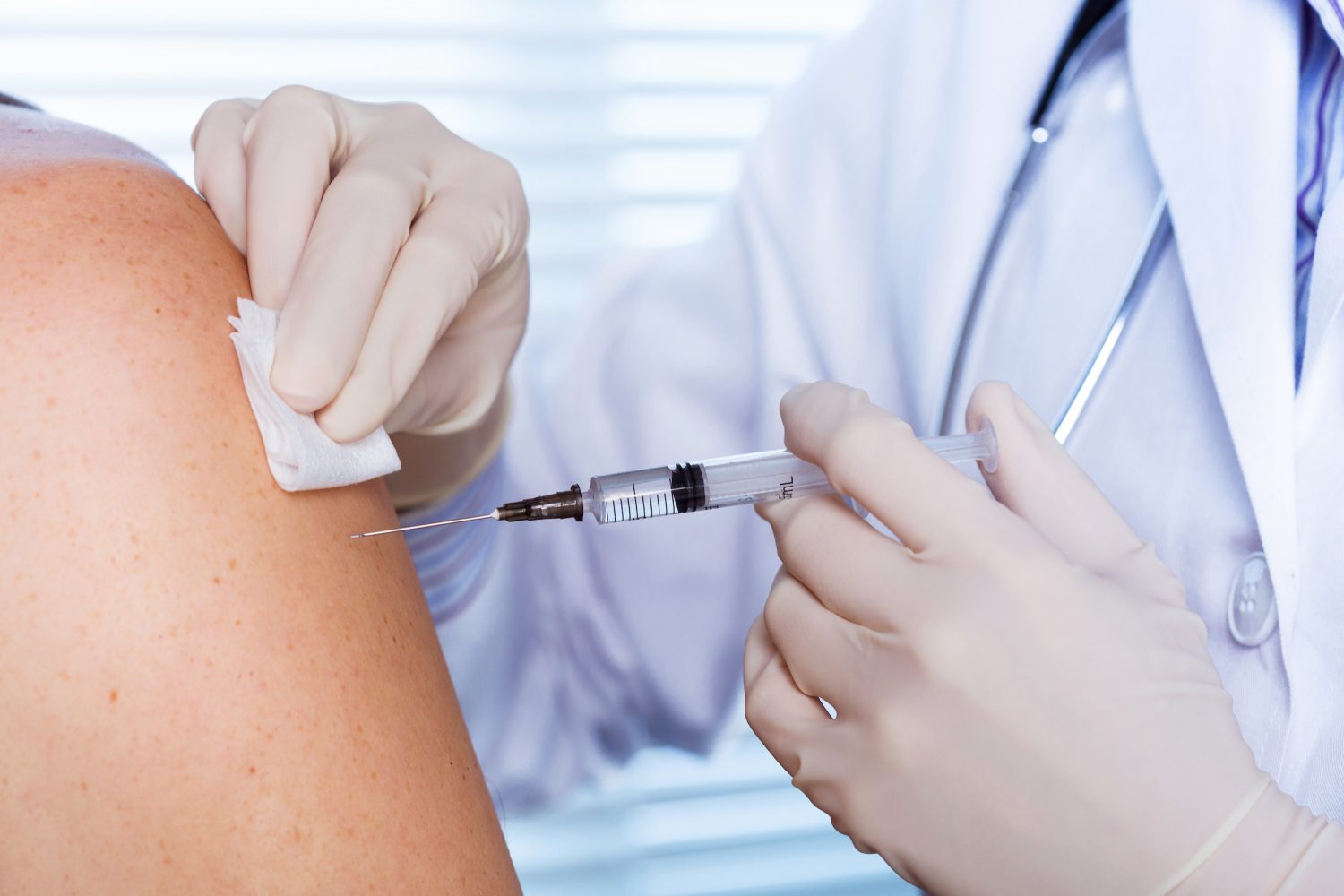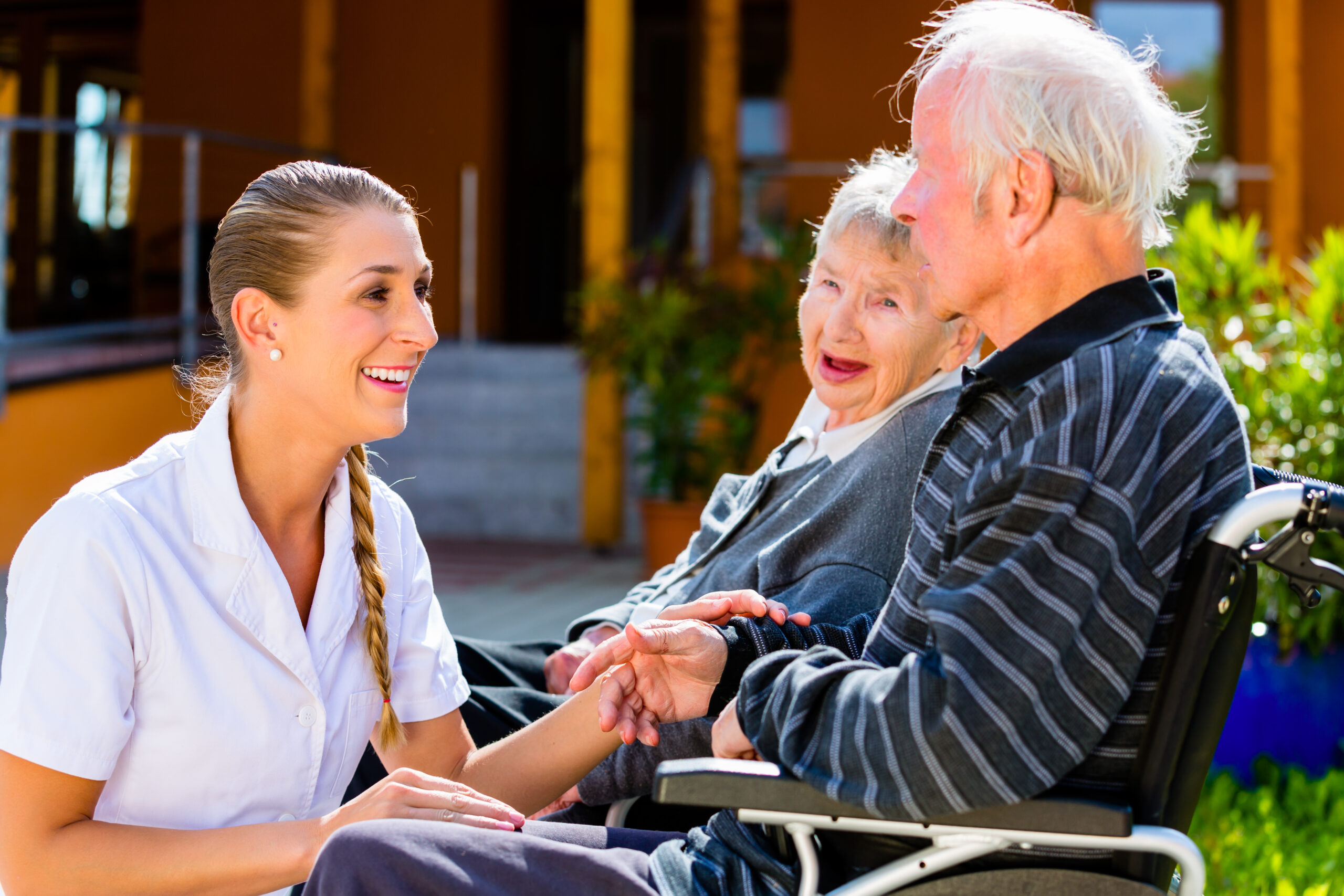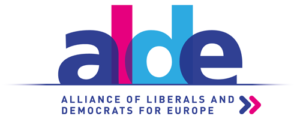« Après son séjour en Allemagne les cinq derniers mois suite à un empoisonnement présumé, l’opposant russe Alexeï Nawalny fût appréhendé par les autorités russes dimanche soir dès son retour en Russie à l’aéroport de Moscou.
Au préalable de l’atterrissage, le vol fût détourné de sa destination initiale vers l’aéroport international de Chérémétiévo où des équipes de police attendaient son arrivé. Des partisans de Nawalny en attente de son arrivée furent arrêtés.
D’après les assertions des autorités russes, Alexeï Nawalny n’aurait pas respecté les conditions d’une peine de prison avec sursis de 2014. Pour le moment, l’opposant est détenu dans une station de police. Selon le ‘Moscow times’, Alexeï Nawalny, a comparu devant un juge qui y a été cité, pour se prononcer sur sa détention. Ses avocats auraient eu 30 minutes afin de se familiariser avec son cas et préparer sa défense.
Dans ce contexte, j’aimerais poser les questions suivantes à Monsieur le Ministre des Affaires étrangères et européennes :
- Les Nations Unies ont déjà requis la libération immédiate de l’opposant. Quels moyens peuvent-ils se donner pour lui garantir un procès juste et équitable ?
- Outre les sanctions prononcées contre la Russie dans le contexte de l’empoisonnement présumé d’Alexeï Nawalny, l’Union Européenne a-t-elle d’autres instruments pour arrêter la poursuite de l’opposition politique en Russie au futur ?
- La Fédération de Russie est participant dans l’Organisation pour la sécurité et la coopération en Europe, l’OSCE, dont les activités ciblent entre autres la démocratisation et les droits de l’homme. Quelles conséquences un non-respect de ces obligations pourrait-il entraîner pour un état membre de l’OSCE ? »
Answer
The United Nations have requested Alexej Nawalny’s liberation and cautioned Russia, as a member of the European Council, to remember their duties and the European Convention on Human Rights. The instruments of the European Union remain political. As such, restrictive measures remain continue to be an important instrument. The OSCE has created a number of procedures and institutions that should help ensure that member states adhere to their commitment.








